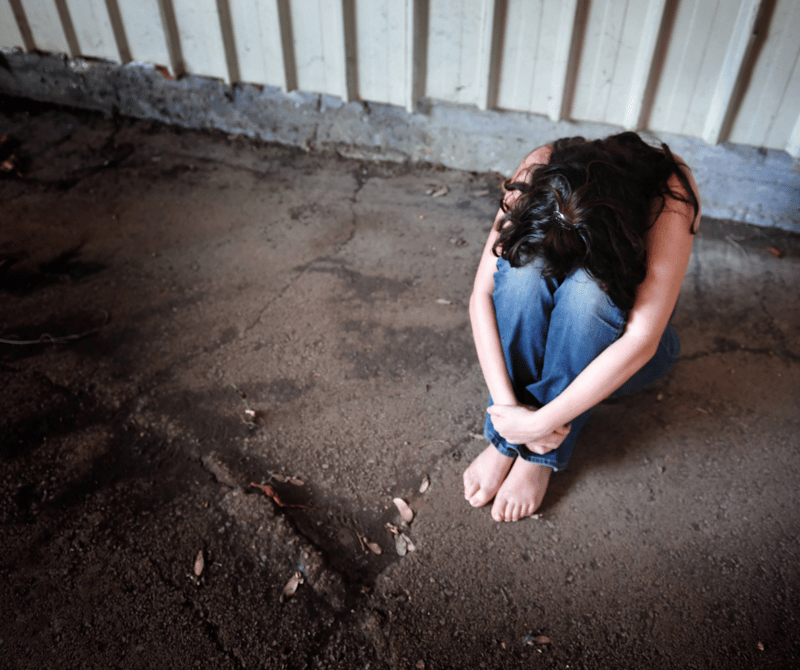Healing the Brokenhearted

Many people have preconceived ideas about the nature of homelessness in general, and moreover about homeless people.
These false impressions can gradually become a part of our belief system. They can mature into hard held opinions, which we simply adopt as factual even though they are actually fictional.
If we ask ourselves what sources of information we relied on to formulate these opinions, and if we’re honest in answering our own question, we must often admit that the sources are pretty weak.
Television and movies have planted and fertilized the seeds of our misconceptions for many decades. Typically, our personal exposure to homelessness is very limited, which makes us vulnerable to accepting media stereotypes as accurate.
Unfortunately, these negative stereotypes are quite consistent, usually portraying homeless folks as addicts and alcoholics with a chronic case of laziness thrown in for good measure. This advances a conclusion that perhaps they “deserve” their plight. "They probably brought it on themselves” by their own bad choices. Sound familiar?
Admittedly, some have made bad choices, but those choices are often the result of traumatic events beyond their control. Most have a history of complex trauma that began in childhood and continued for months or years at a time.
The toxic stress from that trauma physically altered parts of their brain, nervous and immune systems, and damaged their ability to process and organize information. All of this causes them to struggle with finances, family, jobs, and depression throughout life.
This is not a theory; it is accepted medical fact now recognized by neurologists and universities worldwide.
Over the years, we have collected and analyzed our own internal data using only those clients we have served here at Pathway House, over 1500 to date. The results were so overwhelming that we have reorganized our entire system to incorporate a trauma-informed approach in dealing with clients.
An enormous percentage have suffered complex trauma sufficient to cause a serious disruption in healthy growth and normal life.
Throughout the scriptures, we find clear and resounding messages that we must minister to our poor and brokenhearted neighbors; to share the good news of the Gospel, and to show compassion.
Jesus said:
"The Spirit of the Lord is upon Me,
Because He has anointed Me
To preach the gospel to the poor;
He has sent Me to heal the brokenhearted…"
Luke 4:18 (NKJV)
Yes, I must show compassion, not just feel compassion!
There is a vicious circle between trauma and homelessness and hundreds of individuals and families in our area are trapped in that circle. Trauma is the root cause of homelessness and being homeless leads to more trauma.
Children suffering homelessness are at a very high risk for traumatic experiences. These children are much more likely to become homeless, have job problems, be addicted to drugs, and have mental health problems as adults.
These precious children and their families truly are the “brokenhearted.”
We provide wholistic trauma-informed care that includes sharing with them the love of God. The only way to overcome trauma and homelessness is to help broken people with their mental, physical, and spiritual needs.
You can help us provide the safety, stability, and support that breaks the traumatic circle of homelessness.
